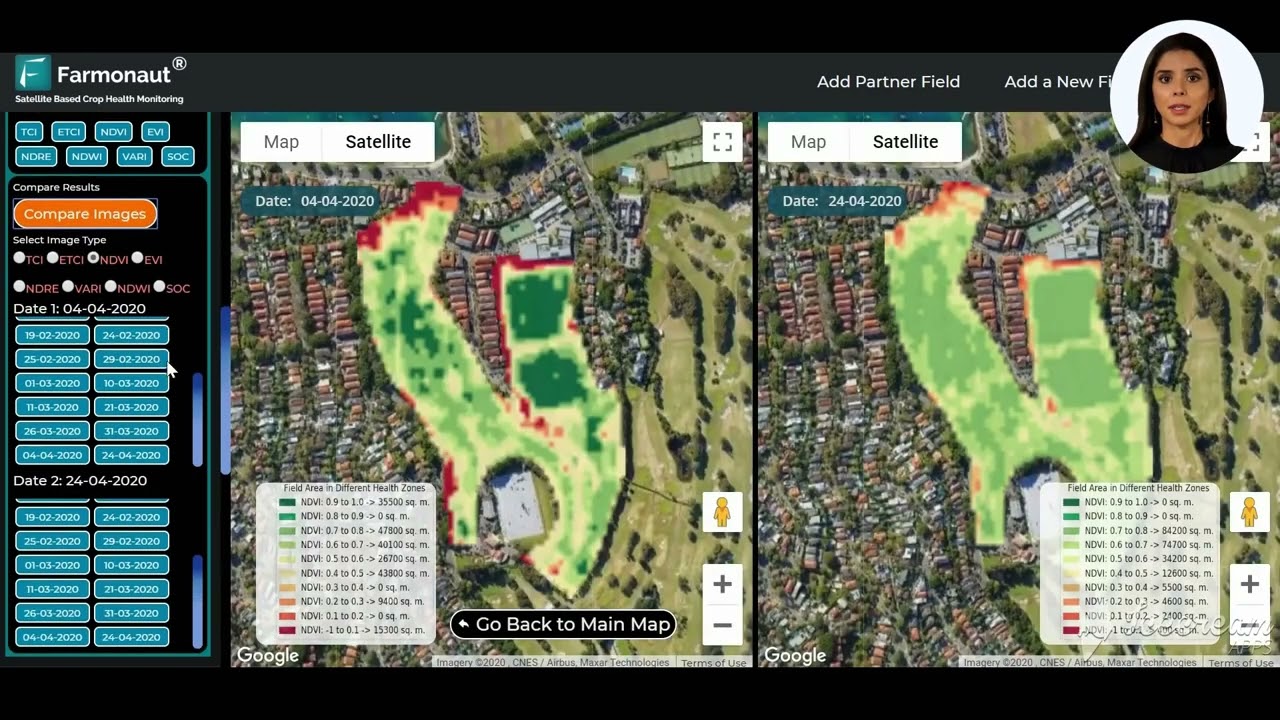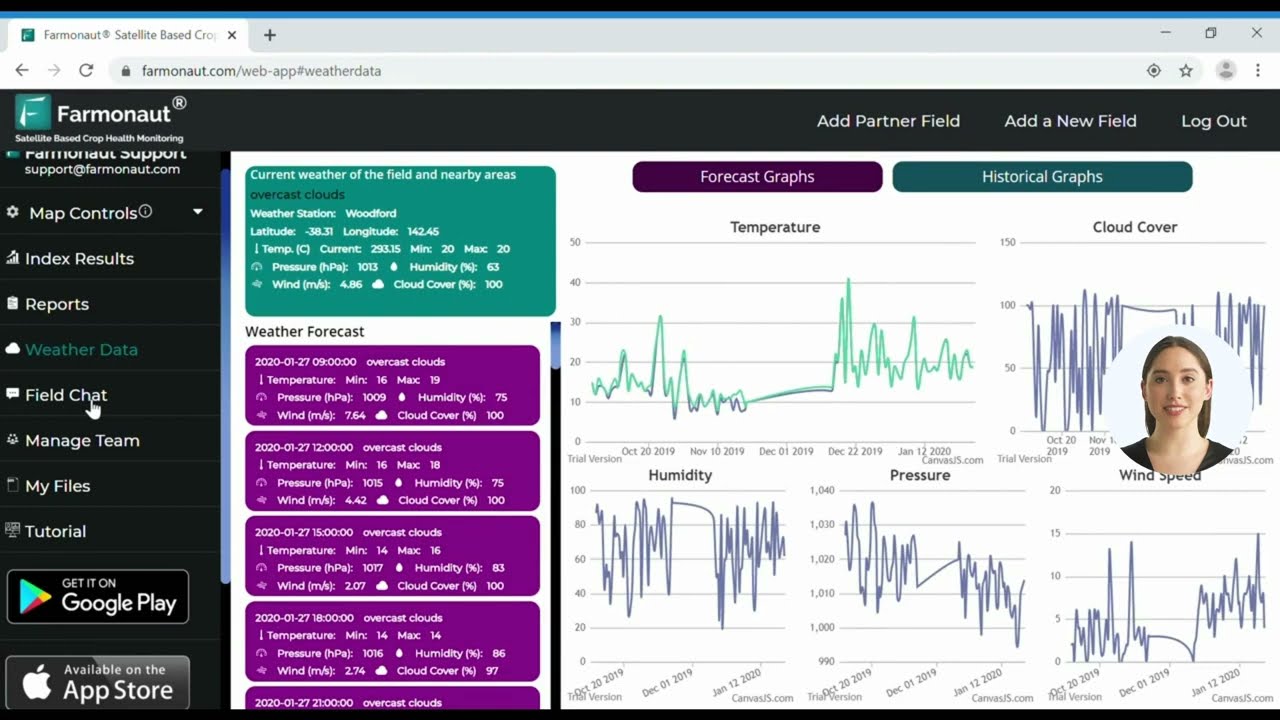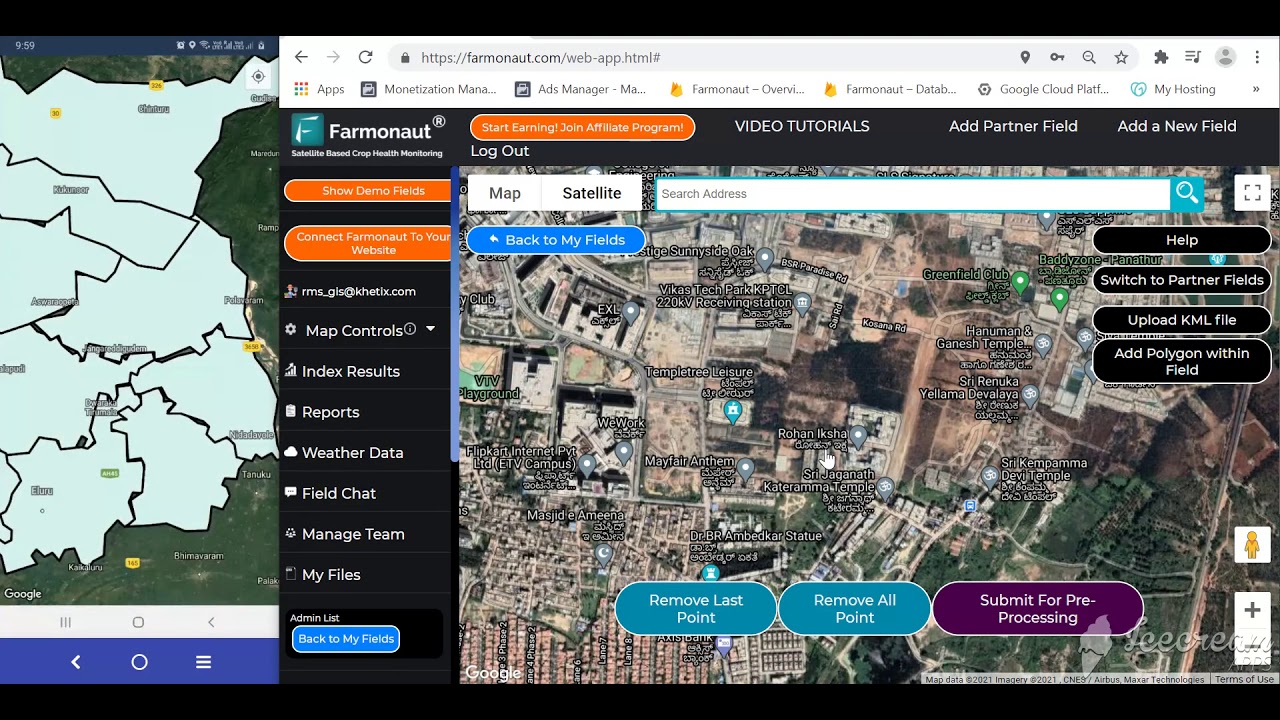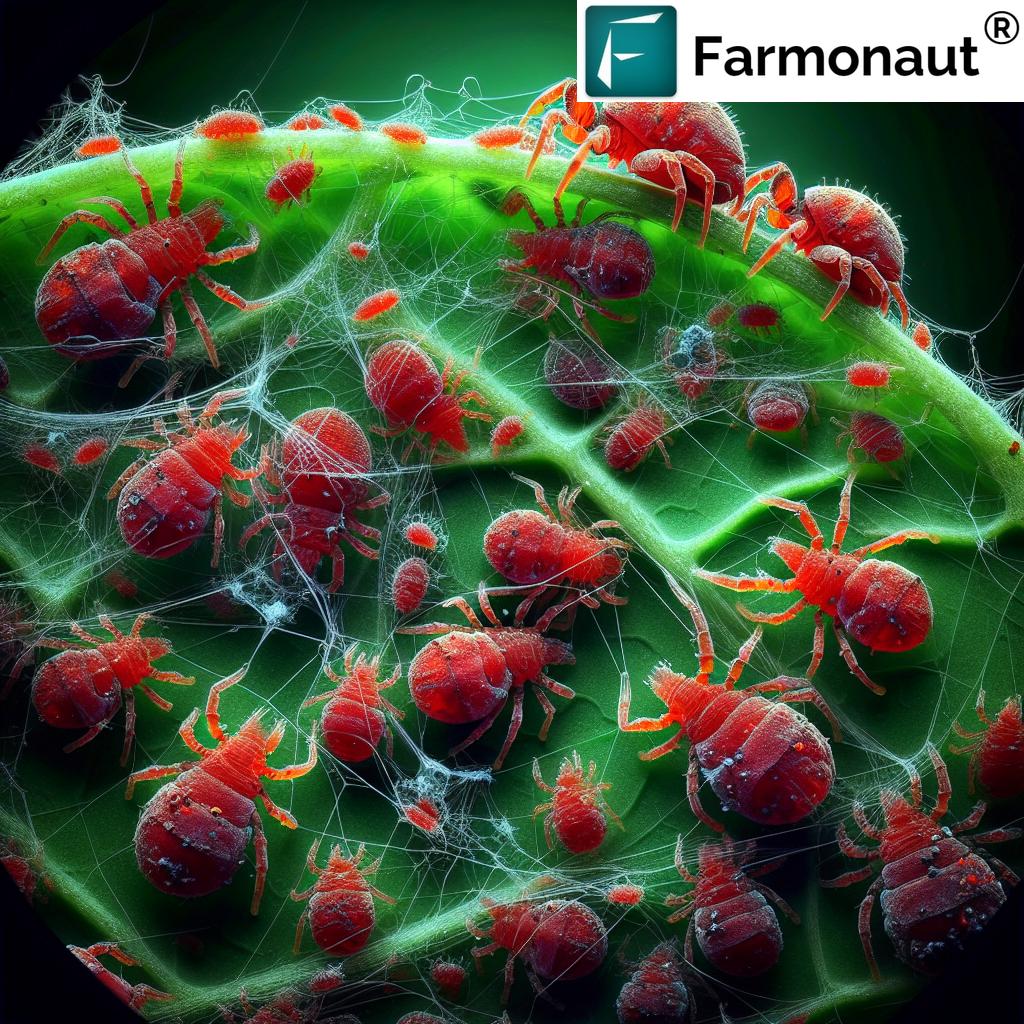How to Get Rid of Black Aphids on Lemon Tree Fast: Identifying, Managing, and Preventing Infestations for Healthy Citrus
Why Black Aphids on Lemon Trees Are a Serious Pest
Lemon trees are treasured in home gardens and commercial orchards alike, valued for their vibrant fruit, fragrant blossoms, and lush green foliage. However, these citrus trees often become hosts to a particularly troublesome insect: the black aphid, scientifically classified as Toxoptera citricidus. Understanding why the presence of black aphids on lemon trees is such a pressing problem is the first step toward effective lemon tree pest control.
- Aphids feed by sucking sap from leaves, stems, and sometimes the fruit itself, weakening the plant and impeding growth.
- These small insects (about 2mm in length) may seem harmless, but their populations can explode rapidly, causing extensive damage in short periods.
- Aphid infestations result in curled or distorted leaves, stunted growth, reduced fruit production, and increased susceptibility to disease.
- They excrete honeydew — a sticky, sugary residue that, when left on the tree, becomes a breeding ground for sooty mold fungus, further weakening the plant and blemishing the fruit.
According to farmersweekly.co.za, black aphids are one of the most significant pests impacting citrus production worldwide, making effective aphid management a top priority for growers.
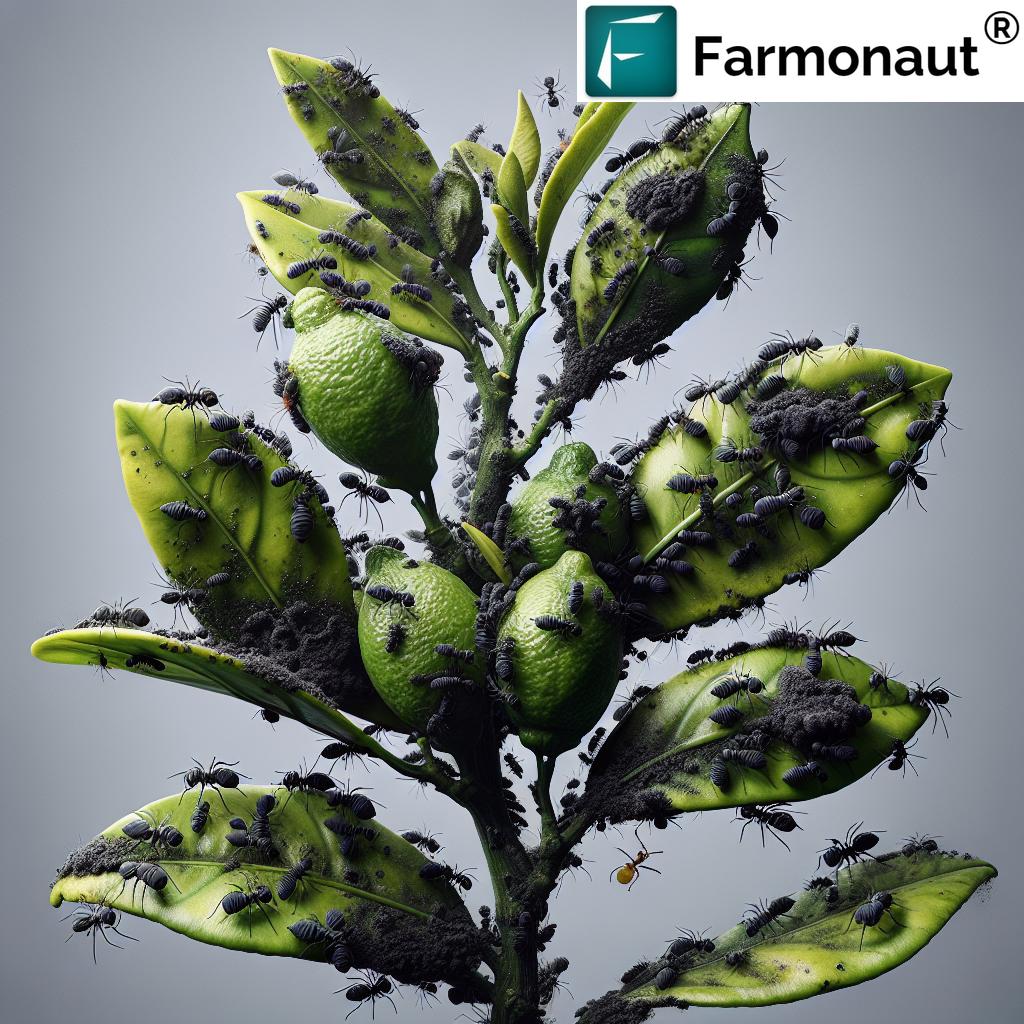
Identifying Black Aphid Infestations: Key Symptoms and Signs
Recognizing the early warning signs of aphid infestations is crucial to enable timely intervention. Black aphids on lemon trees often remain unnoticed until populations surge, but close inspection reveals telltale symptoms:
- Curled or Distorted Leaves: Aphids feed on young leaves, causing them to curl inward toward the stem. Distorted, shriveled leaves are classic indicators of infestation (ipm.ucanr.edu).
- Sticky Residue (Honeydew): These insects excrete a sugary substance known as honeydew, coating leaves and branches. The sticky residue attracts ants and facilitates the growth of sooty mold.
- Presence of Aphids: Look for clusters of small, pear-shaped, shiny-black insects — typically around new growth, leaf undersides, and tender tips.
- Sooty Mold Growth: The honeydew secretions quickly become coated with a black fungus, resulting in sooty mold. This dark fungal mat not only spoils the fruit’s visual quality but also reduces the plant’s ability to photosynthesize, weakening the tree further (farmersweekly.co.za).
- Ant Activity: If you notice an uptick in ants climbing the lemon tree, it’s a likely sign that honeydew is present. Ants farm aphids for their sweet excretions and may defend them from natural predators.
- Stunted Growth and Reduced Productivity: Heavily infested trees often exhibit stunted shoot growth and reduced fruit yields. Leaves may yellow and prematurely drop, leading to lower lemon production.
Early monitoring is essential: inspect young shoots, leaf undersides, and branches regularly to catch infestations before populations explode!
Understanding Aphid Biology and Life Cycle: Why Speed Matters
To effectively implement lemon tree pest control, we must understand the biology and complex life cycle of black aphids. This knowledge is the key to choosing integrated pest management strategies that really work.
Aphid Life Cycle Explained
-
Winter:
- Eggs are overwintered on non-citrus plants — mainly on Viburnum (snowball bush) and Euonymus (burning bush) (planetnatural.com).
-
Spring:
- Wingless asexual females hatch and begin cloning themselves.
- Within days, female aphids give birth to more winged and wingless females (aphids are remarkable for parthenogenesis: asexual birth, often without mating!).
- Winged females initiate colonization of lemon trees and other hosts.
-
Summer:
- Population explosive growth on citrus, with multiple generations occurring in a single season.
- Females can produce both winged and wingless offspring; the former spread the infestation between branches and trees.
-
Fall:
- Winged asexual females and sexual males return to winter hosts.
- Sexual reproduction occurs; eggs are laid on viburnum and euonymus bushes, ready to survive winter.
Key Takeaway: The ability of female aphids to clonally reproduce (without mating) allows for rapid surges in population, especially in ideal conditions. This biological quirk is why action must be timely and strategic—delay can mean exponential growth, severe honeydew, and sooty mold complications.
Why Knowledge of the Aphid Cycle Informs Timing of Control
- Early-season management (spring) gives the best chance to minimize population buildup.
- Breaking the cycle—by targeting both overwintering stages and rapid summer generations—prevents severe infestations.
- Understanding host plants (including nearby bushes supporting winter eggs) helps in removing adjacent sources of re-infestation.

Integrated Pest Management for Aphids: Comprehensive Strategies That Work
Combatting black aphids on lemon trees requires more than a one-time spray. Integrated pest management (IPM) for aphids means combining timely, targeted, and varied actions to disrupt the aphid life cycle, reduce populations, and minimize chemical impacts on beneficial organisms, human health, and the environment.
1. Cultural Control Methods
- Pruning: Quickly remove and destroy heavily infested shoots at the first sign of aphid activity. This not only reduces existing populations but removes sites of rapid reproduction (farmonaut.com).
- Proper Irrigation: Avoid over-watering. Excessive new leaf growth is highly attractive to aphids seeking tender tissue.
- Balanced Fertilization: High-nitrogen fertilizers cause excessive new shoot growth; moderate nutritional input to avoid rapid, succulent regrowth that invites infestations.
- Weed Control: Many roadside or wild weeds can act as alternative hosts. Remove them to limit source populations near your trees and garden.
Cultural methods act as the first defensive barrier against aphid colonization and population surges.
2. Biological Control of Aphids
- Encouraging Natural Predators: Ladybugs (ladybird beetles), green lacewings, and parasitic wasps are natural predators of aphids. Attracting or introducing these beneficial insects can significantly reduce aphid populations (mygarden.co.nz).
- Planting Beneficial Plants: Grow aromatic, flowering plants like dill, fennel, yarrow and alyssum. They provide nectar and habitat for predatory insects, increasing biological control efficacy and fostering biodiversity in your garden ecosystem.
- Ant Management: Since ants protect aphids from predators, addressing excessive ant activity (using barriers or safe baits) enables effective biological control.
3. Chemical Control (Informed, Selective Use)
- Insecticidal Soaps: These organic, contact-only solutions break aphid cuticles and cause desiccation. Multiple applications may be necessary, making sure to cover leaf undersides (farmonaut.com).
- Neem Oil: A natural, broad-spectrum insecticide and repellent that acts on aphids and their eggs. Neem disrupts reproductive cycles and makes treated leaves less palatable for feeding (farmonaut.com).
- Chemical Insecticides: In severe cases with massive infestations, chemical control may be warranted. Always choose aphid-specific pesticides, avoid broad-spectrum chemicals where possible, and strictly follow safety and label guidelines to reduce impact on beneficial species.
Note: Over-reliance on chemical insecticides can result in resistance, non-target damage, or environmental harm. Integrated strategies limit such risks by encouraging a self-sustaining, resilient landscape.
Our advanced, satellite-based farm management platform empowers individual growers and large-scale agribusinesses to monitor real-time crop health, track pest outbreaks, manage resources, and access AI-guided pest advisory tools. Seamlessly accessible on Android, iOS, or web application.
Leverage our blockchain-based product traceability for authentic, secure produce tracking from farm to consumer, ensuring your lemons’ journey remains verifiable all the way to market.
Our satellite-based crop loan and insurance verification services help farmers and financial institutions streamline claims & boost access to crop insurance—especially important in pest-impacted regions!
Detailed Step-by-Step: How to Get Rid of Black Aphids on Lemon Trees Fast
Follow these targeted steps for immediate relief and sustainable management of black aphids on lemon trees:
-
Isolate and inspect affected trees:
- Mark all trees with aphid infestation symptoms. Inspect for curled, yellowing leaves, sticky honeydew, and visible clusters of small black insects.
- Check surrounding weeds and bushes (especially viburnum, euonymus) as alternate hosts.
-
Prune Heavily Infested Growth:
- With sterilized shears, remove all highly infested new shoots and destroy away from orchard/garden.
- Do not compost unless your pile reaches >55°C—eggs/survivors could persist.
-
Blast Aphids with Water or Soapy Solution:
- Use a strong jet of water to dislodge aphids from branches and leaves. This disrupts populations and exposes aphids to predators.
- Follow with an application of insecticidal soap or homemade soapy water (see home remedies below). Ensure good leaf underside coverage.
-
Apply Neem Oil or Botanical Insecticides:
- Spray neem oil solution (per manufacturer dilution) on infested trees, covering all plant surfaces thoroughly. Repeat every 5-7 days, especially after rain.
-
Release or Attract Natural Predators:
- Purchase live ladybugs or green lacewing larvae online; release at dusk after watering. Boost predatory populations by planting companion flowers nearby.
-
Monitor, repeat, and rotate strategies:
- Inspect every 2-3 days. If aphids persist, alternate between soap and neem, prune new clusters, and continue encouraging predators for several weeks.
-
Control ants and manage access:
- Wrap sticky barriers around trunks or use ant-safe granular baits to limit aphid-protecting ant colonies.
-
Seek professional or chemical intervention if all else fails:
- For severe outbreaks, consult local extension for aphid-specific chemical insecticides—use only as a last resort to safeguard beneficial insects.
Document and Track Progress:
Utilize digital tools and Farmonaut’s satellite-based monitoring API or our web/app interface to log aphid hot-spots, treatment cycles, and vegetation health. Our platform provides invaluable historical and real-time crop analytics to help you plan and review the success of your interventions.
Home Remedies for Aphid Control: Safe, Effective, and Organic Solutions
If you’re seeking home remedies for aphid control to avoid chemical residues and protect pollinators, these tried-and-tested methods can help you handle black aphids on lemon trees naturally:
-
Insecticidal Soap Spray:
- Mix 4–5 tablespoons of pure liquid castile soap or mild dish soap in 1 gallon of water (never use soap with degreaser, bleach, or “ultra” formulas!).
- Spray directly on aphid colonies, ensuring contact. Repeat every 3–5 days as needed.
-
Homemade Neem Oil Solution:
- Mix 2 teaspoons neem oil + 1/2 teaspoon mild soap in 1 quart warm water. Shake well, spray on leaves/infested shoots in early morning/evening.
-
Garlic or Chili Pepper Sprays:
- Crush garlic bulbs or hot peppers; steep in boiling water, strain, and mix with a little soap. Spray to deter or disrupt feeding. Conduct a test spray to check for leaf sensitivity first.
-
Manual Removal:
- For minor infestations, squish aphids between gloved fingers or brush off with a soft cloth.
Organic remedies are best suited for early and moderate infestations and in organic gardens where beneficial insect preservation is paramount.
Comparative Table of Black Aphid Control Methods
| Control Method | Description | Estimated Effectiveness (% Reduction in Aphids) |
Time to Notice Results (Days) | Pros / Cons |
|---|---|---|---|---|
| Manual Removal & Pruning | Physically squishing/dislodging aphids & removing infested shoots | 50–75% | 1–2 | Immediate effect, safe for environment. Labor-intensive, impractical for large trees/serious infestations. |
| Neem Oil Spray | Organic oil disrupts feeding, reproduction on contact | 65–85% | 3–7 | Natural, low toxicity, safe for bees (when dry). Needs repeat application, wash fruit before eating. |
| Insecticidal Soap | Fatty acid solution breaks down aphid outer layer | 60–80% | 2–4 | Safer for beneficials, organic-compliant. Needs repeat applications. Can burn leaves if too concentrated. |
| Parasitic Wasps (Biological Control) |
Introduce/attract species that lay eggs in aphids | 40–75% | 7–14 | Eco-friendly, long-term. Takes time; limited control for heavy infestations; sensitive to chemical sprays. |
| Ladybugs/Lacewings | Release predatory insects that eat aphids | 55–80% | 5–10 | Natural, supports garden health. May disperse if food is scarce. |
| Chemical Insecticides | Specific aphidicides, systemic or contact, per label | 80–98% | 1–5 | Rapid, high suppression. Risks harming beneficial insects, pollinators, may promote resistance. Not suited for regular use. |
Preventing Aphids on Citrus: Best Preventive Measures
The most effective way to keep your lemon trees productive—and avoid repeated honeydew and sooty mold outbreaks—is to prevent aphid colonization in the first place.
- Regular Monitoring: Inspect your lemon trees (especially new shoots and leaf undersides) weekly during the growing season for early signs of aphid activity.
- Maintain Tree Health: Healthy trees are less susceptible to severe pest attacks. Utilize balanced irrigation, proper fertilization, and ensure good airflow by pruning dense canopies.
- Encourage Biodiversity: A diverse, balanced garden supports a robust predator population, naturally limiting aphid outbreaks.
- Clear Alternate Hosts: Remove weeds and adjacent bushes known to host overwintering eggs, like viburnum and euonymus.
- Manage Ants: Distract or deter ants with barriers or “ant motels,” since their presence directly increases aphid survival.
- Stay Informed: Sign up for predictive pest and crop alerts – with Farmonaut’s proprietary monitoring suite, farmers and gardeners receive timely updates about increased aphid risk or plant stress, optimizing their response.
Farmonaut’s Advanced Support for Pest Management and Tree Health
At Farmonaut, we believe that prevention and early detection are the foundation of healthy, high-yielding lemon orchards and home gardens. Our advanced, satellite-driven crop health monitoring platform enables growers worldwide to address recurring pest issues—including black aphids—using real-time insights and data-driven interventions.
- Satellite-Based Crop Health Monitoring: Using multi-spectral imagery, our app and web platform deliver NDVI maps, stress alerts, and vegetation health trends to help you spot early signs of pest outbreaks like aphid infestations or disease, even before visible symptoms appear.
- AI-Based Pest Advisory: Farmonaut’s AI monitors climate, weather, and plant signals, suggesting customized integrated pest management (IPM) strategies for each season and location. Precision guidance enables timely, efficient control.
- Resource and Fleet Management: Our fleet management module helps commercial growers manage orchard operations, schedule pruning, and coordinate pest control applications efficiently—lowering costs and ensuring every lemon tree receives the care it needs.
- Traceability and Carbon Footprinting: Through carbon footprinting and transparent blockchain-based traceability, our platform supports sustainable, market-ready lemon production and climate-smart practices.
Get started instantly—no expensive sensors needed! Our platform is accessible to individual farmers, cooperatives, enterprise agribusinesses, and government agencies around the globe. Explore our large-scale, automated farm management solutions or our mobile/web advisory apps today.
Frequently Asked Questions: Black Aphids on Lemon Trees
What are black aphids and why do they target lemon trees?
Black aphids (Toxoptera citricidus) are small, sap-sucking insects known for aggressively attacking citrus plants, especially lemon trees. They feed on tender new shoots, causing leaf distortion, stunted growth, and reduced fruit production. The lemon tree’s lush, succulent new growth is particularly attractive for aphid colonization and reproduction.
How fast can black aphid populations grow on lemon trees?
Extremely fast. A single female aphid can produce up to 80 offspring in a single week through asexual reproduction, leading to explosive population increases—often within just a few days—under favorable conditions.
What is honeydew and why is sooty mold bad for lemon trees?
Honeydew is a sticky, sugary substance excreted by aphids as they feed on plant sap. This residue coats leaves and fruit, making them tacky and shiny. Sooty mold is a black fungus that thrives on honeydew, covering the affected surface. It blocks sunlight, preventing photosynthesis, reduces fruit quality, and can weaken or even kill parts of a tree if left untreated.
Are chemical insecticides necessary for all aphid infestations?
No. Chemical insecticides should be considered a last resort due to their potential to harm beneficial predators and pollinators. Integrating cultural, biological, and organic strategies is safer and more sustainable for managing most aphid outbreaks on lemon trees.
How do I prevent aphids from returning?
Regularly monitor your trees, control alternative host plants and weeds, avoid over-fertilizing with nitrogen, encourage natural predators, and maintain tree health. The earlier an infestation is detected, the easier it is to prevent recurrences and protect this season’s fruit crop.
How do Farmonaut’s satellite-based tools help with lemon tree pest management?
Farmonaut’s technology enables growers to monitor plant health, vegetation stress, and pest risk via satellite imagery—allowing for early warnings, targeted interventions, and precision management. Our platform’s AI-guided advisory system delivers real-time crop care recommendations, boosting both productivity and sustainability.
Conclusion: Restore Lemon Tree Health by Managing Black Aphids the Right Way
Black aphids on lemon trees are a formidable pest—causing leaf distortion, stunted growth, honeydew and sooty mold outbreaks, and reduced fruit quality. Yet, with vigilant monitoring and strategic, integrated pest management, their impact can be swiftly minimized. By combining cultural (pruning, irrigation, weed control), biological (natural predators), organic (soaps, neem oil), and—if absolutely required—targeted chemical controls, you can restore your citrus trees to robust health and productivity.
For both backyard gardeners and commercial orchardists, leveraging digital solutions like Farmonaut’s crop health monitoring, pest risk alerts, AI advisory, and blockchain-based traceability adds a new layer of intelligence and security to your integrated pest management program.
- Inspect & intervene early— aphid populations multiply rapidly!
- Encourage beneficial biodiversity to maintain year-round, sustainable control.
- Document & monitor—using tools like Farmonaut—your tree’s progress for best results.
Start managing pest risk and maximizing your lemon crop’s results today—download our app or explore our API for advanced, affordable precision agriculture solutions for everyone.
Key takeaways: Swift, knowledge-based action halts aphid damage and honeydew issues, ensuring clean, healthy fruit and vibrant lemon trees. For enduring success, empower your decision-making with integrated strategies and next-generation monitoring tools!
Start your journey with Farmonaut today – for smart, sustainable, and productive citrus cultivation!






